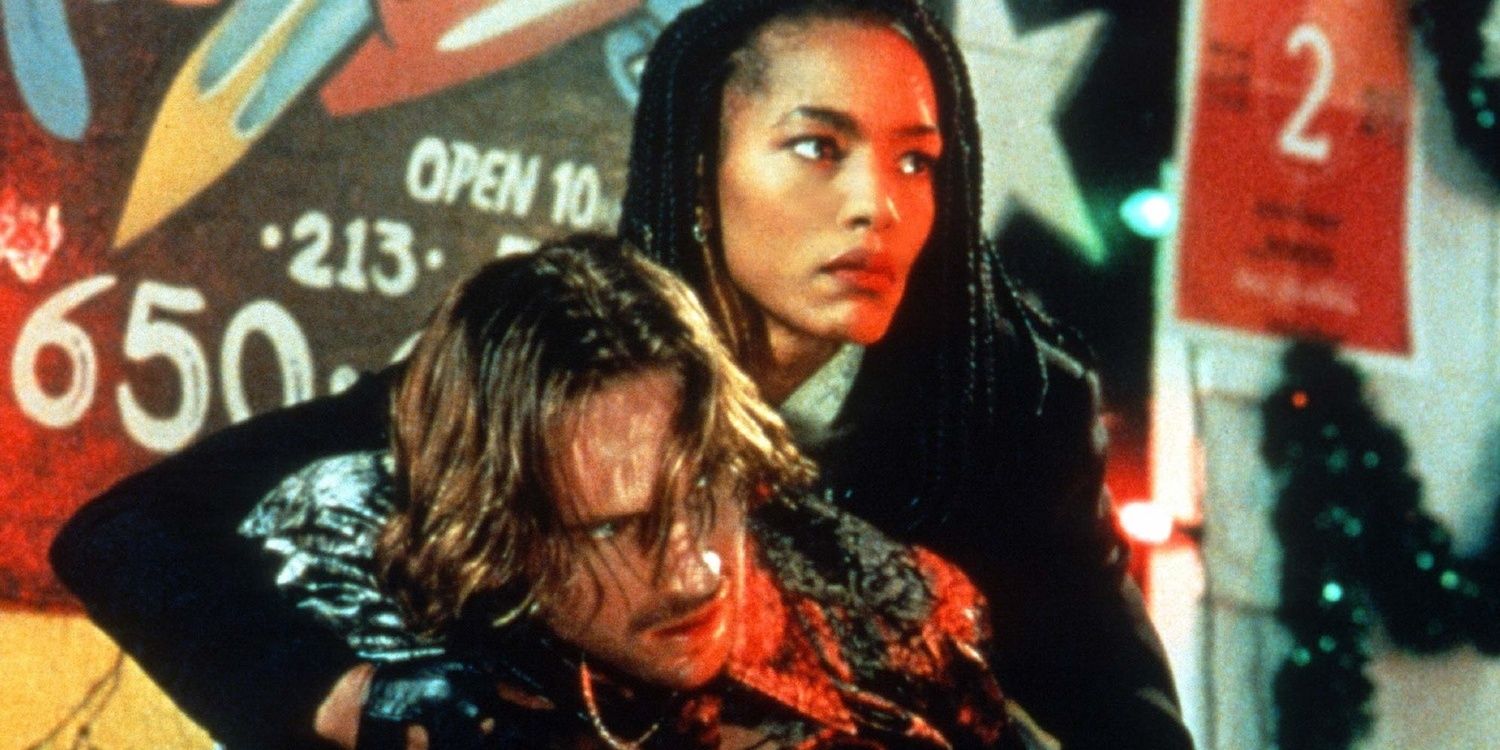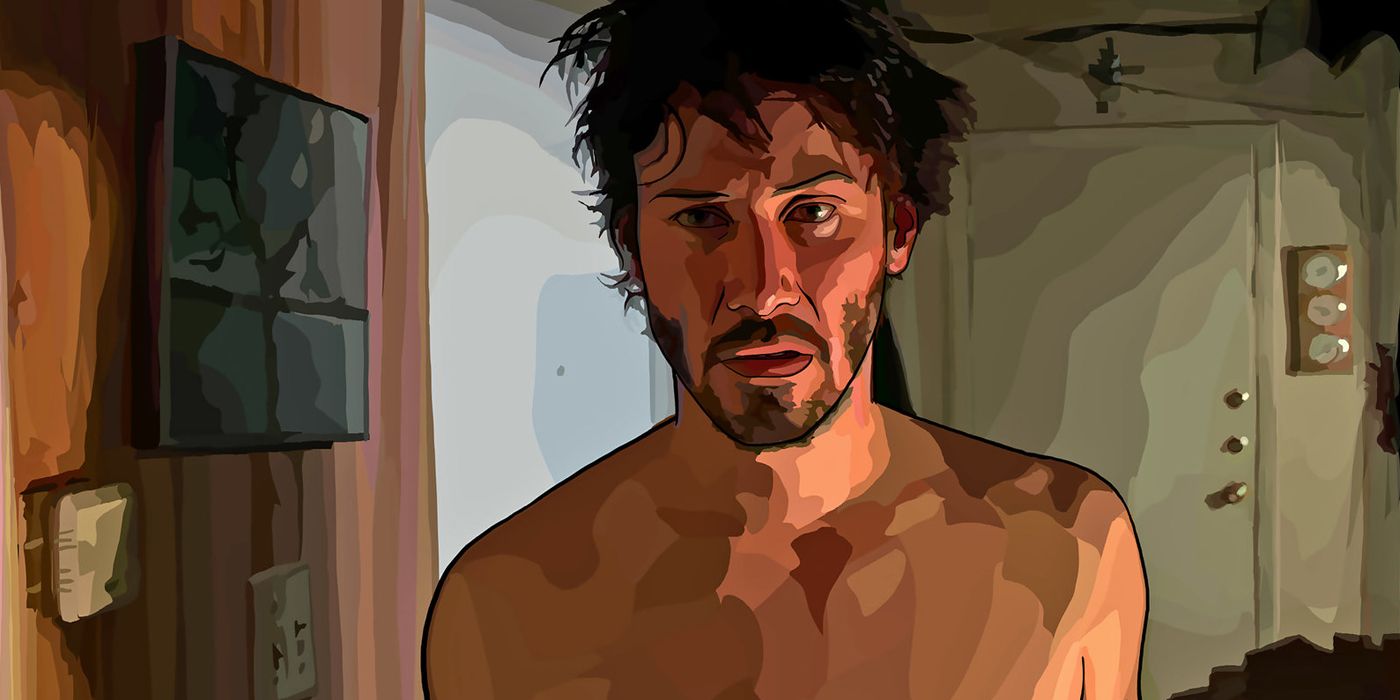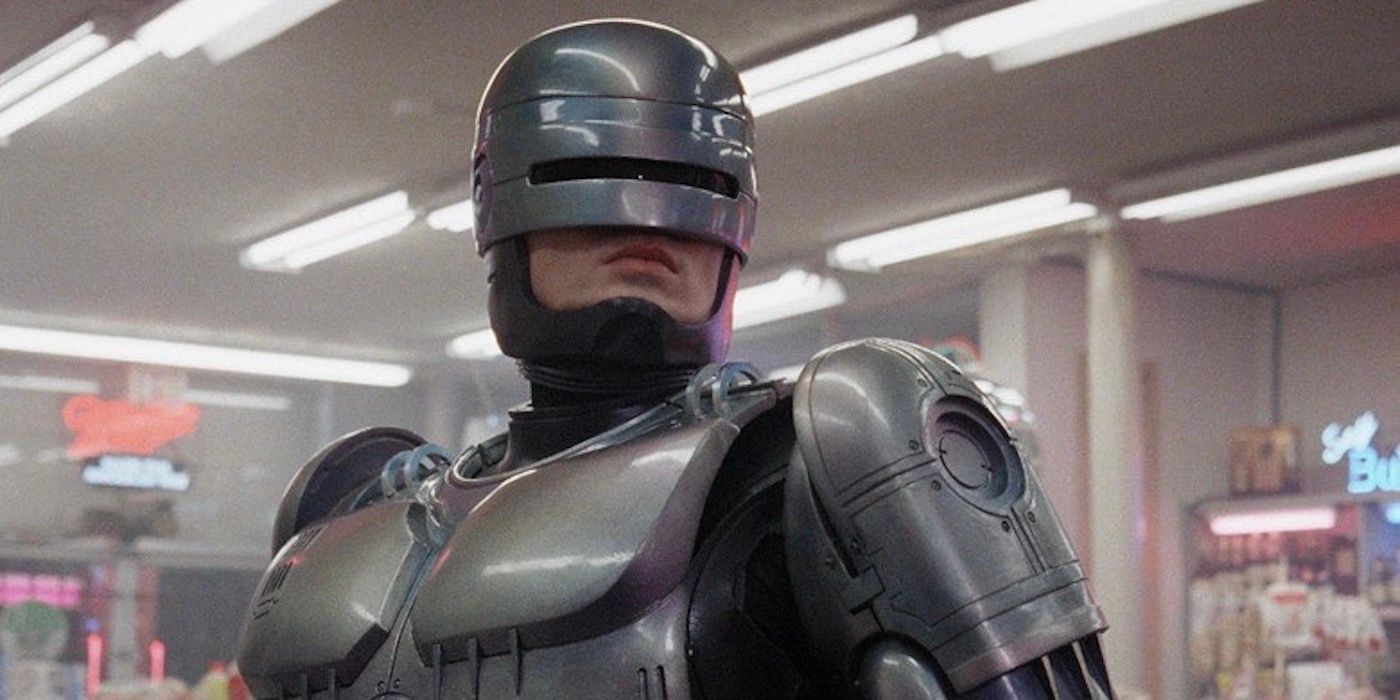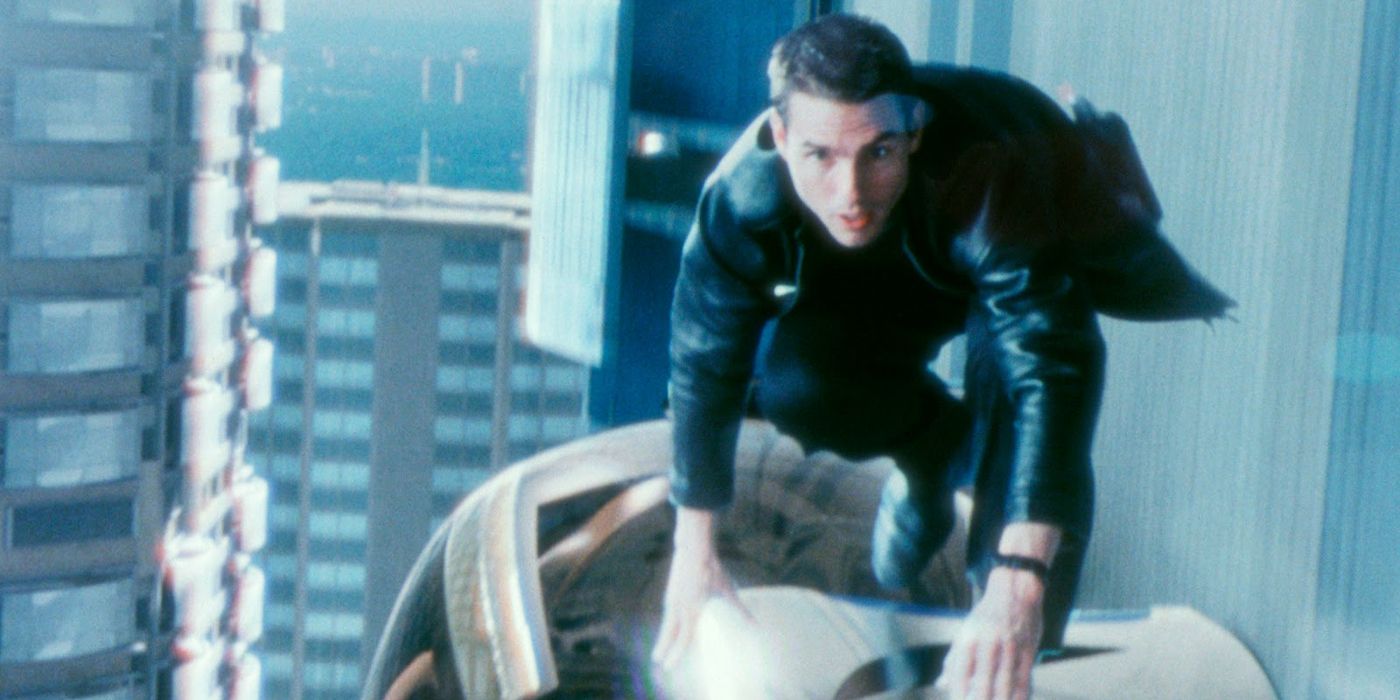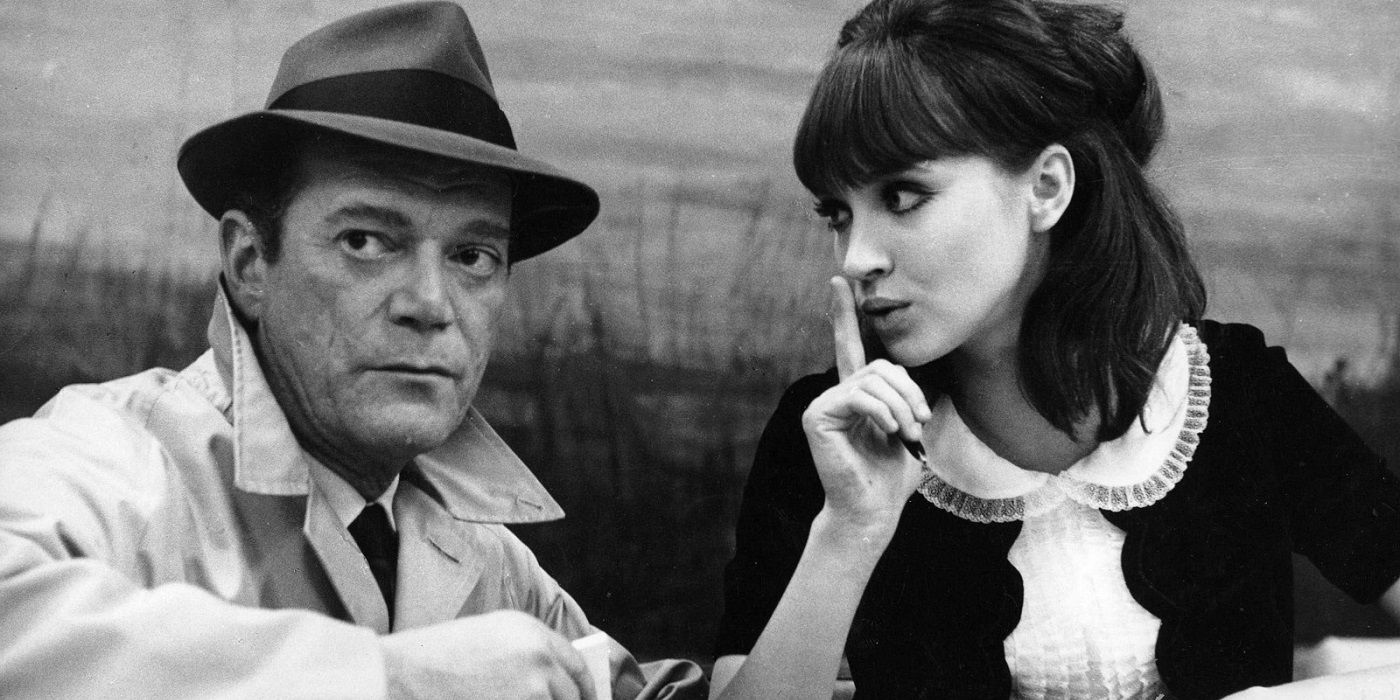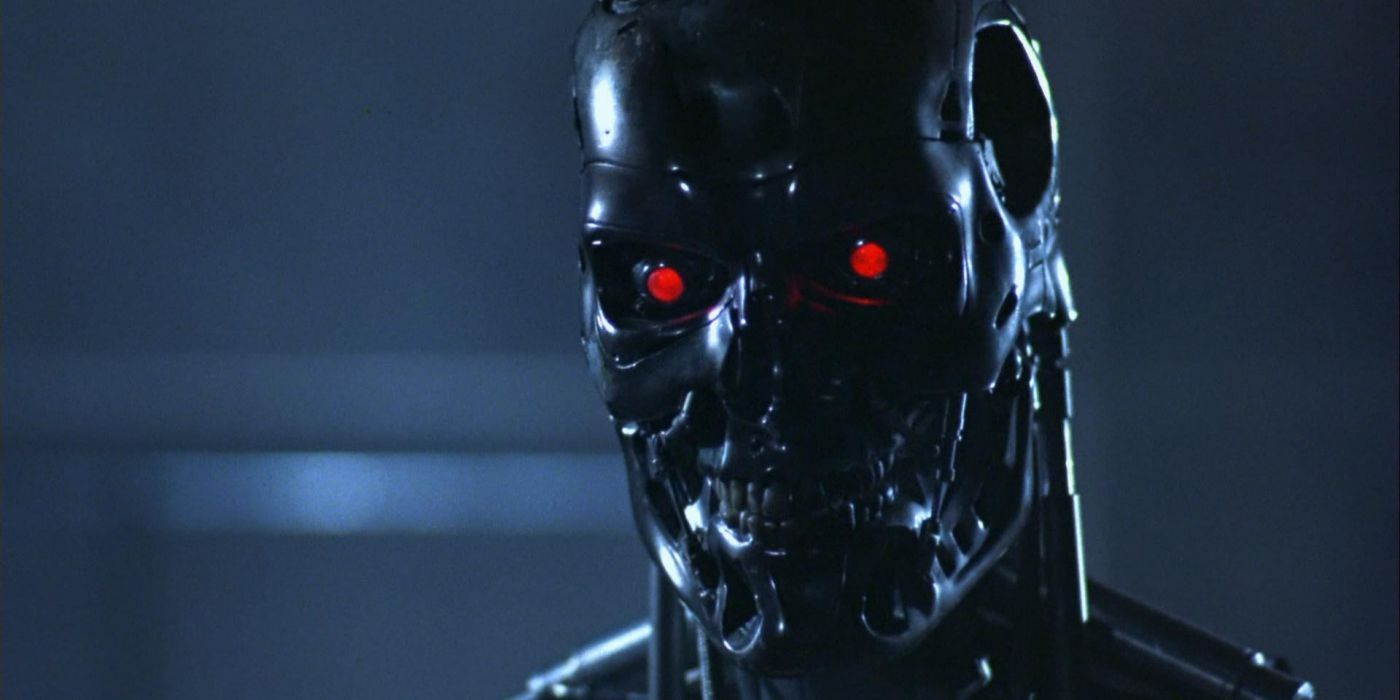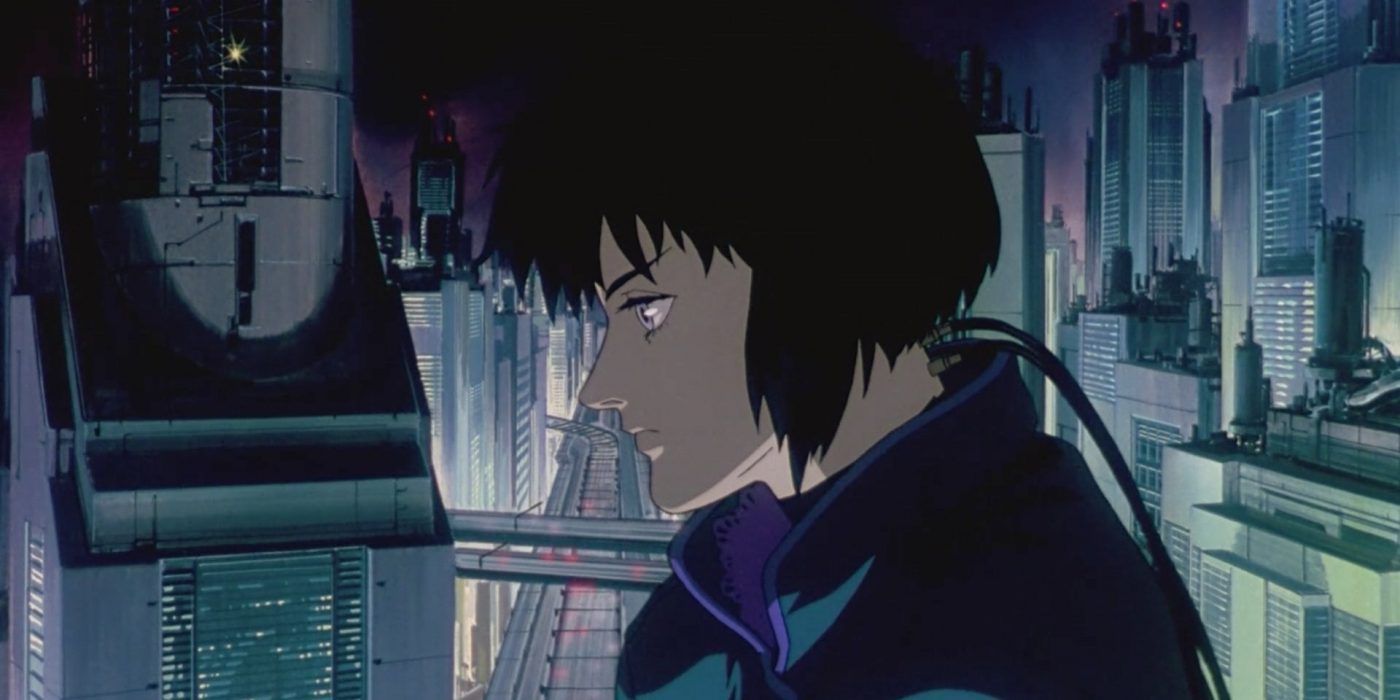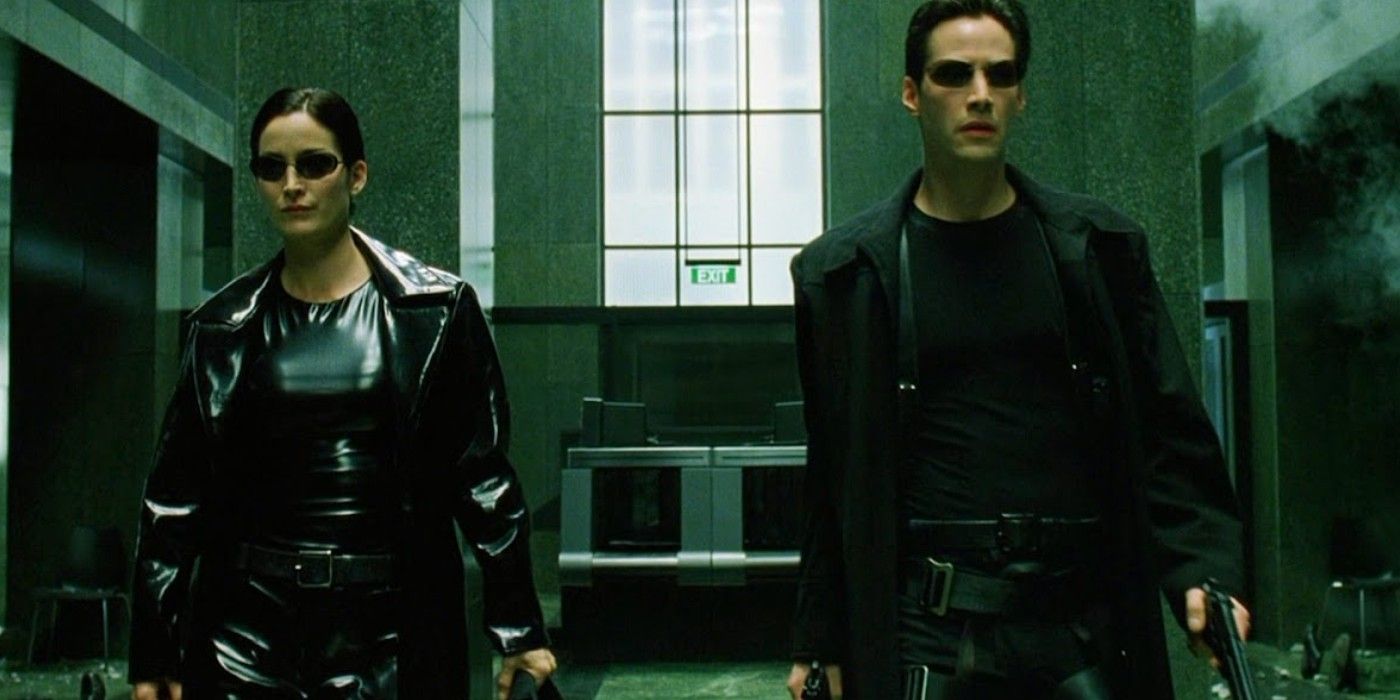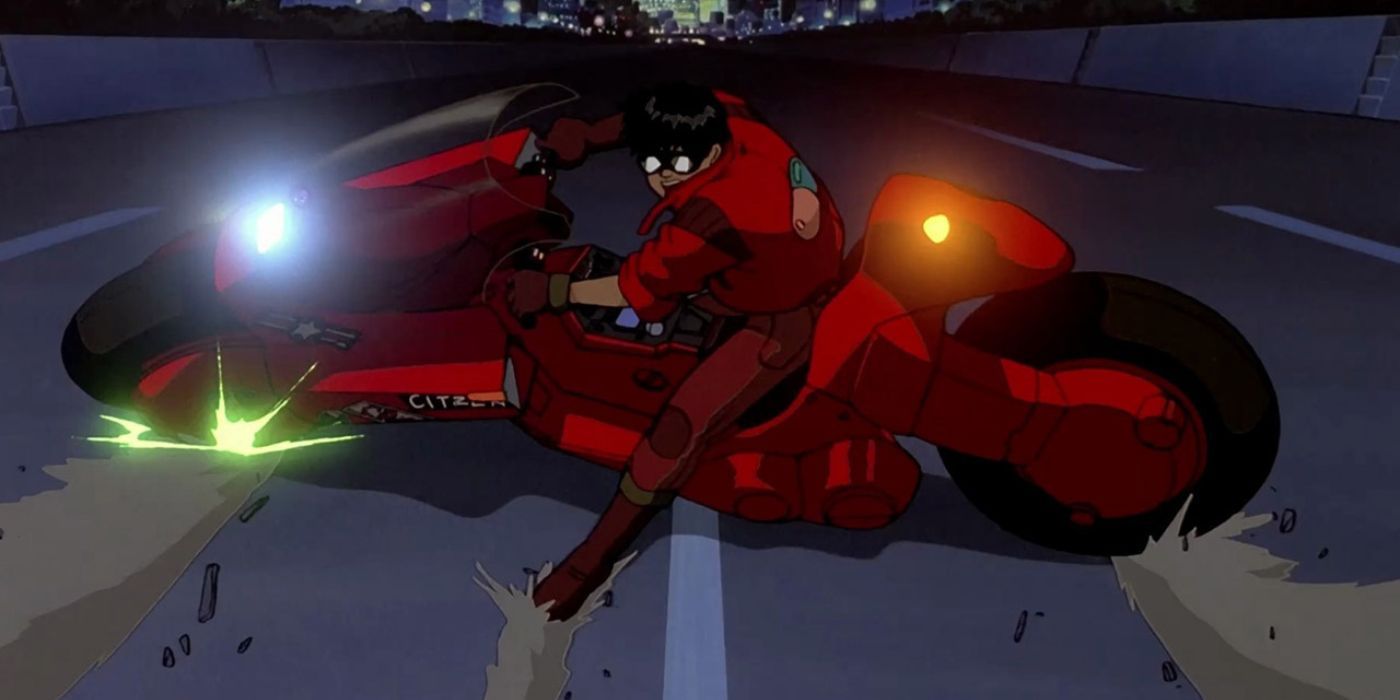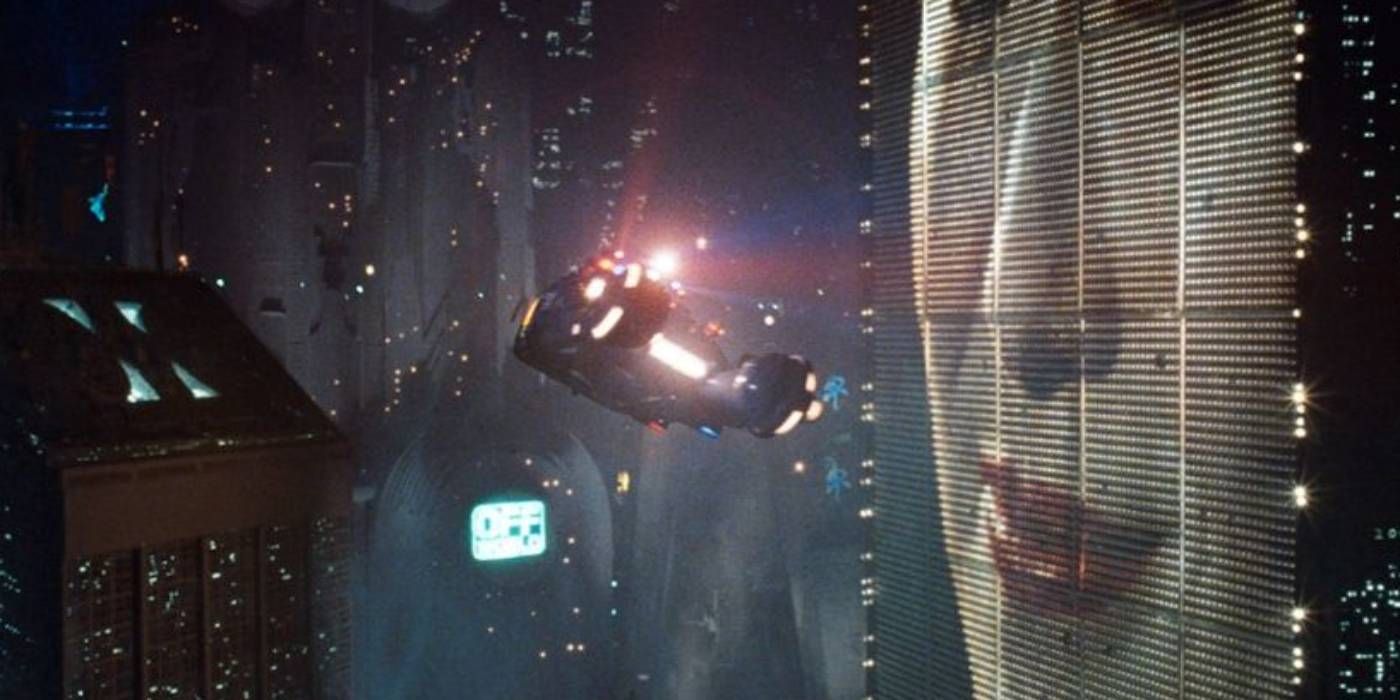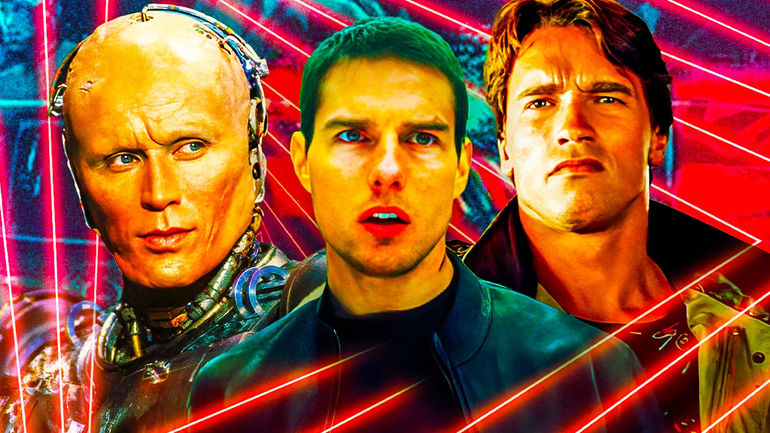
Top 10 Must-Watch Tech Noir Sci-Fi Films Ever Made

Discover the ultimate list of must-watch tech noir sci-fi movies that will immerse you in a futuristic world filled with intrigue and advanced technology. Explore the dark and captivating realm of tech noir sci-fi cinema at its finest.
Some of the best science fiction movies of all time fall under the popular "tech noir" subgenre. Tech noirs blend futuristic technology with the moral complexity of film noir. They often feature a neon-lit look, a captivating mystery, and a morally ambiguous main character. These films allow directors to examine current societal issues like human identity, technocracy, and the risks of artificial intelligence in a speculative sci-fi setting.
Legendary filmmakers such as Ridley Scott and James Cameron set the tone and style of tech noir with their iconic '80s films. Other directors have since taken up the mantle of tech noir and added their own twist to the genre. Tech noirs have depicted futuristic Los Angeles and a virtual world controlled by robots. From action-packed satires such as RoboCop to adaptations of Philip K. Dick's work like Minority Report, these movies stand as the pinnacle of tech noir storytelling.
Strange Days
Kathryn Bigelow, 1995
Ralph Fiennes and Angela Bassett in Strange Days - Kathryn Bigelow, 1995
Strange Days is set in a futuristic Los Angeles and follows Lenny Nero, a illegal seller of a device that lets users relive other people's memories. Alongside him is Angela Bassett's character, a bodyguard who gets caught up in a criminal plot with Nero. The movie combines sci-fi elements and film noir themes to delve into topics like prejudice, voyeurism, and abuse of power. While the violent scenes may be intense, the film offers captivating performances and stunning visuals.
A Scanner Darkly
Richard Linklater, 2006
Keanu Reeves in A Scanner Darkly - Richard Linklater, 2006
A Scanner Darkly is based on the Philip K. Dick novel of the same name. The story is set in a future America where the war on drugs has been lost, leading to high-tech police surveillance being used as a solution. The film was animated using rotoscoping, a technique also used in Richard Linklater’s previous work, Waking Life. This technique beautifully brings Dick’s dystopian world to life on screen. The film’s depiction of rampant drug use and political turmoil offers a striking portrayal of a bleak future society.
RoboCop
Paul Verhoeven, 1987
RoboCop in a convenience store - Paul Verhoeven, 1987
RoboCop tells the story of Alex Murphy, a dedicated police officer who is brutally attacked by criminals and transformed into a powerful cyborg. Set in a crime-infested future Detroit, the movie may seem like a typical action film at first glance. However, director Paul Verhoeven cleverly uses the film to highlight important social and political issues. Through its use of genre conventions and intense violence, RoboCop critiques the negative effects of capitalism, authoritarianism, and the dangers of privatizing law enforcement. In essence, RoboCop is more than just an entertaining movie - it serves as a sharp criticism of societal problems.
Minority Report
Steven Spielberg, 2002
Tom Cruise jumping over an object in Minority Report - Steven Spielberg, 2002
In Steven Spielberg’s adaptation of Dick’s novella Minority Report, Tom Cruise portrays a police chief with the unique ability to foresee crimes before they occur. When he is accused of a murder he has no recollection of, he must flee to prove his innocence and uncover the reason behind his supposed destiny to commit this crime. Minority Report offers a thrilling murder mystery intertwined with the timeless question of free will versus determinism.
Alphaville
Jean-Luc Godard, 1965
A woman shushing a man who's looking away in Alphaville. - Jean-Luc Godard, 1965
In 1965, Jean-Luc Godard directed Alphaville, one of the earliest tech noirs. The film follows the classic European private eye character Lemmy Caution as he travels to a distant planet to free the city of Alphaville from the control of an evil computer that manipulates its residents' thoughts. Godard skillfully combines the elements of a traditional Lemmy Caution adventure - such as the iconic trenchcoat, intense fight scenes, and mysterious supporting characters - with a futuristic tale of a society ruled by a tyrannical A.I. Alphaville offers a chilling glimpse into a world where free will has been completely erased.
The Terminator
James Cameron, 1984
The Terminator Endoskeleton as it appeared in 1984 - James Cameron, 1984
In James Cameron's iconic thriller The Terminator, a deadly cyborg is sent back in time to eliminate Sarah Connor, mother of future resistance leader John Connor. The film is credited with popularizing the term "tech noir," named after the nightclub where Sarah first encounters the relentless T-800. Despite its slasher movie structure, with Arnold Schwarzenegger's character targeting every Sarah Connor in the phonebook, Cameron cleverly uses the genre to delve into deeper themes like the perils of artificial intelligence and the delicate nature of destiny.
Ghost In The Shell
Mamoru Oshii, 1995
Major and the futuristic cityscape in Ghost in the Shell 1995 - Mamoru Oshii, 1995 - Ghost In The Shell
Ghost in the Shell, inspired by Masamune Shirow’s manga, tells the story of a cyborg police officer in a futuristic Japan. She is on a mission to track down a notorious hacker called the Puppet Master. The narrative delves into the theme of losing one's identity in a world dominated by technology and even touches on the idea of giving political asylum to self-aware computer programs. This anime was remarkably ahead of its time in depicting the dangers of losing our humanity in a society driven by technology.
The Matrix
The Wachowskis, 1999
Carrie-Anne Moss as Trinity and Keanu Reeves as Neo walking while extremely well-armed before rescuing Laurence Fishburne as Morpheus in The Matrix - The Wachowskis, 1999
In The Matrix, Keanu Reeves plays Thomas Anderson, a computer hacker who uncovers a shocking truth - his reality is actually a simulation controlled by machines. These machines use human bodies as a source of energy, keeping them unaware of the truth. The movie combines thrilling action scenes with deep philosophical themes, making viewers ponder about their own existence. The Matrix is not just a typical action film, but a thought-provoking sci-fi masterpiece that challenges the audience's perception of reality.
Akira
Katsuhiro Otomo, 1988
Shōtarō Kaneda (Mitsuo Iwata) on a skidding motorcycle in Akira - the inspiration for the famous Akira meme - Katsuhiro Otomo, 1988
Katsuhiro Otomo brought his manga to life in the cyberpunk classic Akira. The story follows a biker gang’s friend who gains telekinetic powers after a motorcycle accident and challenges the military complex of Neo-Tokyo. Akira is considered one of the most iconic and influential anime films ever created. It combines thrilling action with a deep exploration of human corruption and the risks associated with technology. This groundbreaking movie shattered the misconception that animation is only meant for children.
Blade Runner
Ridley Scott, 1982
Blade Runner Spinner showcases the futurism aesthetic of the movie - Ridley Scott, 1982
Harrison Ford plays the role of Rick Deckard in Blade Runner, a detective assigned to track down and eliminate replicants living among humans in the futuristic city of Los Angeles. As he carries out his mission, Deckard begins to question his own humanity. Directed by Ridley Scott, this film adaptation of Philip K. Dick's novel Do Androids Dream of Electric Sheep? introduced iconic elements of tech noir, such as striking neon lighting and a gritty detective narrative. Blade Runner delves into themes of urban decay and features a detective reminiscent of classic noir characters like Sam Spade, on a quest to hunt down artificial beings. For over fifty years, Blade Runner has set the standard for tech noir storytelling.
Editor's P/S:
The article offers a captivating exploration of the intriguing tech noir subgenre in science fiction. It deftly highlights the fusion of futuristic technology and the moral complexities of film noir, showcasing how these elements converge to create thought-provoking and visually stunning cinematic experiences. The inclusion of iconic films like "Blade Runner" and "The Matrix" not only serves as a testament to the genre's enduring legacy but also illustrates the diverse range of themes it explores, from the dangers of artificial intelligence to the nature of reality itself.
Overall, the article effectively conveys the essence of tech noir, capturing its unique blend of science fiction and social commentary. It skillfully weaves together historical context, critical analysis, and film examples to provide a comprehensive understanding of the genre's key characteristics and its relevance in contemporary filmmaking.
